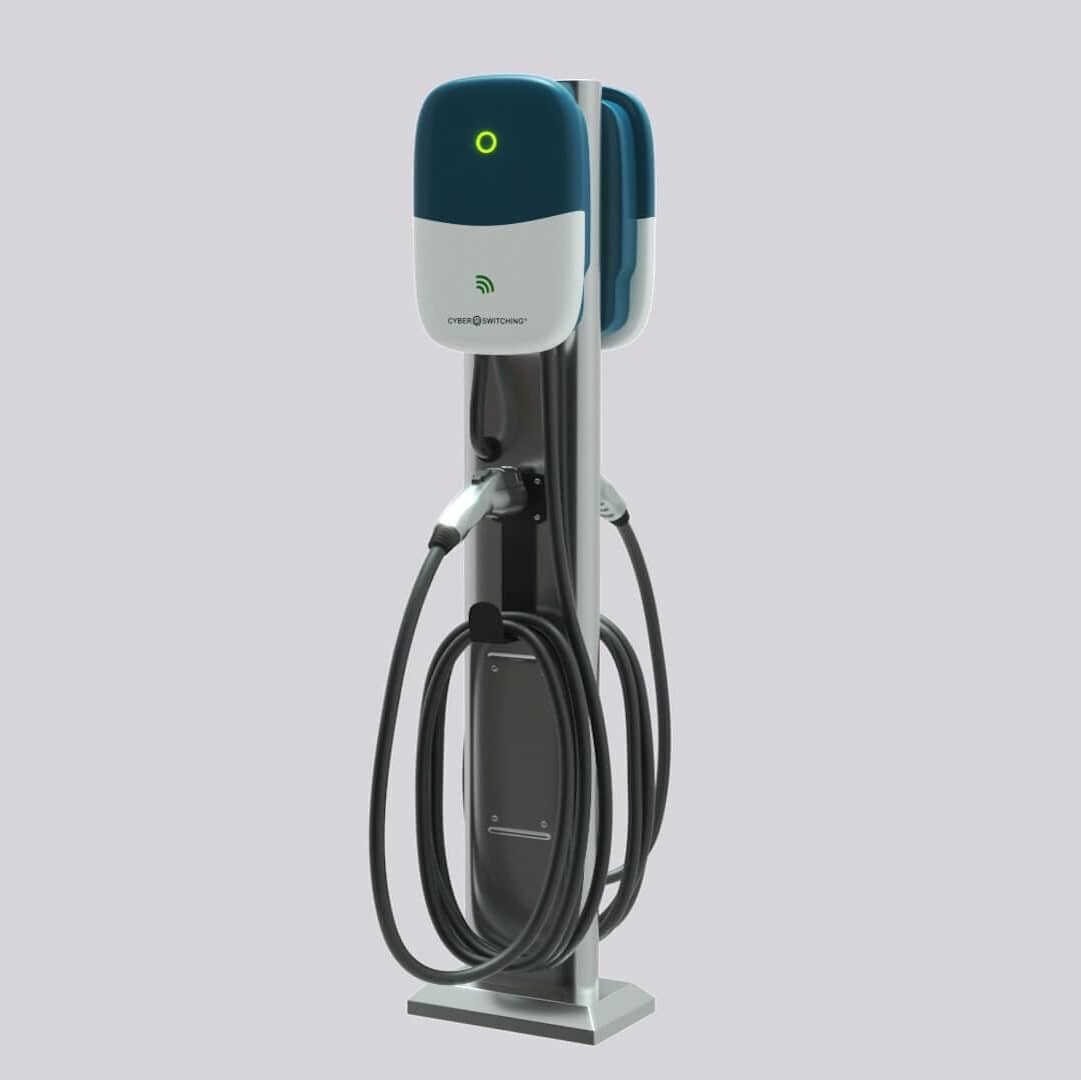
Home / EV Charging News / How Many Years Will an Electric Car Last?
Many Electric Vehicle (EV) drivers wonder how long do electric cars last, well, the truth is that EVs are made to last. Compared to Internal Combustion Engine (ICE) vehicles, EVs include a lot fewer moving components that could potentially break down and an electric engine that features fewer moving parts and that is designed to deliver great efficiency. This guarantees EVs require less maintenance.
If you are interested in learning more about the longevity of electric cars, this article is what you are looking for. Here we analyze how long can an electric car can last compared to ICE vehicles, explain the most important component and its lifespan, explain their warranty, and give you some tips to increase their lifespan.
EVs as we know them are a relatively new technology present for less than 15 years. This is why it is relatively hard to determine accurately how long will electric cars last.
According to a study performed in Europe analyzing thousands of electric cars, the average EV runs for up to 250,000 km (155,000 miles) or 10 years. There is a study performed by Consumer Reports that increases that estimated lifespan to 200,000 miles or up to 12 years.
Learning about electric car technology and how long do they last will help us compare it against conventional ICE vehicles. Curiously, ICE vehicles are expected to live for the same 200,000 miles that EVs do, however, exchanging the battery pack in an EV would practically give a second life to the vehicle up to the 20 years of the lifespan for the motor.
An EV battery is one of the most important components for these vehicles. In this section, we explain the basics of this component and determine how long an electric car battery last considering its battery.
Before learning more about how long do electric cars last for, you should learn the basics of EV batteries. This will give you a deeper insight into how this battery works and how to take care of it.
An EV battery features the same Lithium-Ion technology that most mobile phones do, but on a larger scale. There are different electrolyte compositions, but the most popular ones are Lithium-Nickel-Manganese-Cobalt-Oxide (NMC) and Lithium-Nickel-Cobalt-Aluminum Oxide (NCA).
EV batteries are used to power everything in the electric car, from the HVAC system to the electronics, to the engine itself. This is why they are so vital to the functioning of the vehicle. ICE vehicles on the other hand, only use batteries to start the engine and power low-demand electronics.
There are two important things to know about EV batteries. The first one is that the larger the size (in kWh) the longer the driving range. The second one is that EV batteries are considered to be at the end of their lifespan when they can only retain 80% of their initial capacity, and while they can still meet the needs of EV drivers for some time, they will degrade faster after that point.
The main factor that defines how long do EV cars last is the lifespan of the battery, which is why this is such an important point to analyze. Most research institutes and even EV manufacturers, consider that EV batteries last around 10 to 15 years. As expected, this highly depends on the duty cycles and climate.
To extend battery longevity, you should avoid charging or discharging an EV battery to 100%. Most studies recommend considering a State of Charge (SOC) range of 20% up to 80%, keeping your battery in this SOC range will make it last longer. DC Fast Charging and extreme temperatures also affect the battery lifespan, as we will explain further in the article.
When looking into the lifespan of an EV, it is important to consider how long will an EV warranty last. Most EV automakers cover their vehicles for different types of warranties, covering the basic parts of the vehicle, the supplemental restraint system, the battery and drive unit.
The longest warranty usually covers the EV battery and drive unit. For instance, Tesla and most EV automakers in the US feature a warranty of 8 years or a range of 100,000 – 150,000 miles, depending on the EV. Some automakers like Kia and Hyundai, extend this warranty to 10 years.
Learning about how many years do electric cars last is not enough, you need to have an active role in extending those years as much as possible. In this section, we give you some tips on how to improve the lifespan of your EV.
Keeping your EV clean inside out will not only reduce dust-related health issues for you and your family and make the exterior look good, but it is a good practice to prevent rust and corrosion from damaging any important component. For instance, the EV battery is placed underneath the vehicle, and while it features a high Ingress Protection rating of IP66 or higher, you should always be on the safe side.
Maintenance is an important factor that will play a role in how long can a electric car last. Automakers have thoroughly researched the probability of any component failure, which is why they have developed a recommended maintenance schedule to keep you and your family safe. The good news is that this schedule is minimal and much less frequent than for ICE vehicles.
For instance, you should do monthly checkups for tyre pressure and physical damage, and to refill washer fluid. After every 5,000 – 7,000 miles you should get the EV checked for lubricants, tyre rotation, coolant levels, and wear or damage on internal/external components. After every 15,000 miles you should check transmission fluids, replace cabin air filter, and replace wiper blades. Finally, after every 30,000 miles you should entirely refresh the coolant, replace power steering fluid, and brake fluids.
Driving carefully and braking slowly can also determine how long will an electric vehicle last and extend its lifespan. This practice reduces the wear and tear down of braking pads and other components in the EV. Braking slowly in a moderate fashion will also help absorb kinetic energy to increase your driving range by around 10%.
There is another aspect that will greatly determine how long will your electric car last and this is how often you use DC Fast Charging (DCFC) on your battery. While DCFC saves you time in charging the battery, it can reduce its lifespan by up to 10%. This is why automakers like Kia and Tesla recommend cutting down on DCFC to minimize battery degradation and increase its lifespan.
The temperature at which you expose your EV will also determine how long will an EV battery last. According to AAA, EV batteries exposed to 20ºF reduce their performance and decrease the driving range by up to 10%, while hot temperatures of 95ºF can reduce driving range by 17% if you additionally use the HVAC system. While low temperatures only affect battery performance, regularly exposing EV batteries to high temperatures can reduce their lifespan.
EV potential to reduce expenses and Greenhouse Gas (GHG) Emissions makes them a vital part of our present and future. These vehicles require some part replacements like the battery after the 12th year, but they will faithfully deliver great savings during that time.
To ensure your vehicle stays in top shape and last for a longer time, it is important to take it on the recommended maintenance schedule. Extending the EV lifespan will keep providing savings for you and your family, while also making a positive impact on the environment. Long Live Electric Cars!

CyberSwitching Dual Charging Station
CyberSwitching EV charger on pedestal



